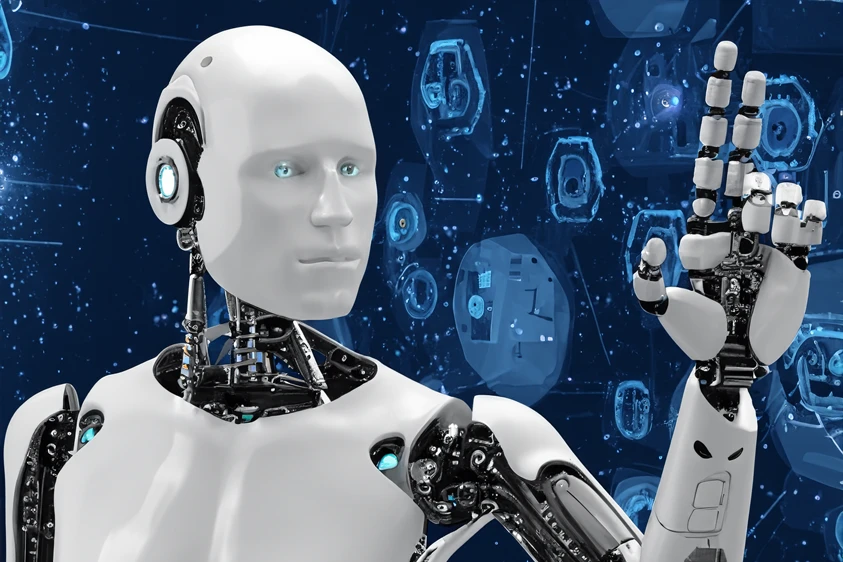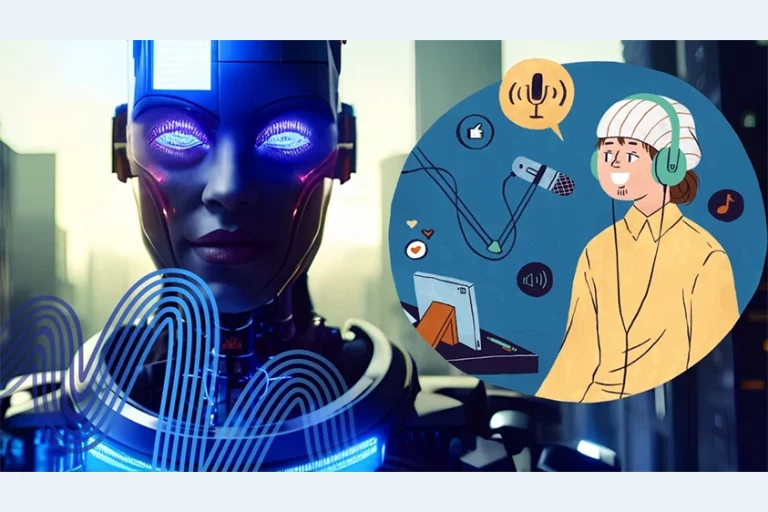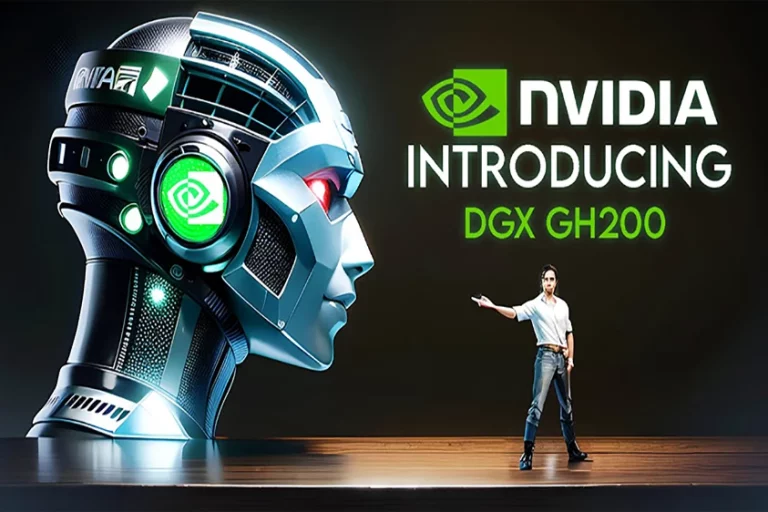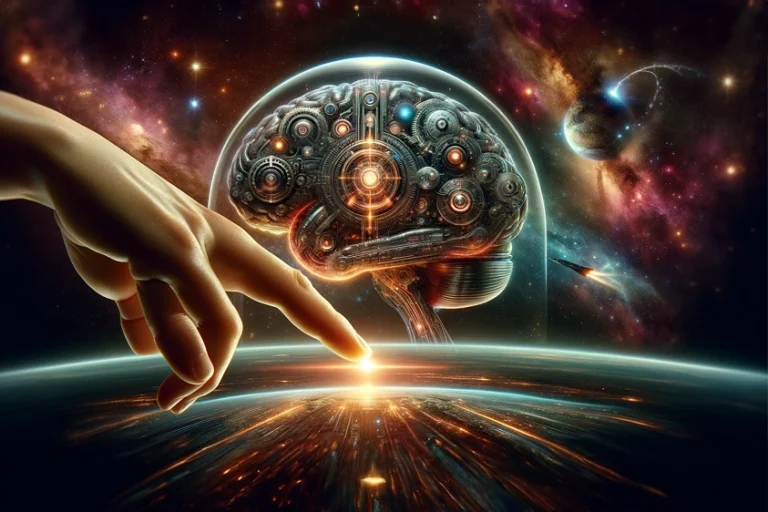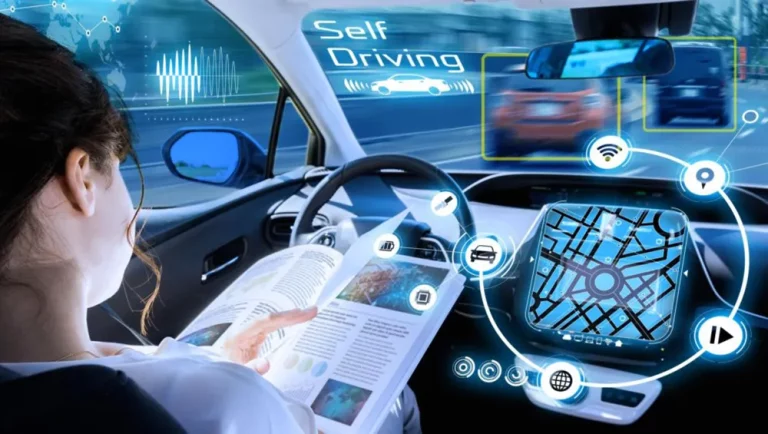Intelligent robots claim: “We have the potential to govern the world effectively than humans”
Artificial intelligence always gets the most attention from humans since it is so attractive. Advancements in this field will make AI-powered robots more capable and lead to increased external influence of AI-powered robots. Indeed, you might be familiar withthe fact that there are robots that, by now, exhibit their presence in places like industry, customer service, and healthcare. Yet, have you ever perhaps thought of this perspective that maybe certain machines, together with artificial intelligence, could rule the world more than humankind?
On the visual side, it could be hard to imagine when one thinks about the possible outcomes. Nevertheless, it rests on the premise that the fast pace of innovation always carries over to new abilities as well. AI development can be characterized by lightning speed. The latest advances deal with tasks characteristic of people, and obviously, some issues are much harder for humans to solve. AI has both positive and negative impacts on a society whose life is automated, and AI can be understood through this examination.
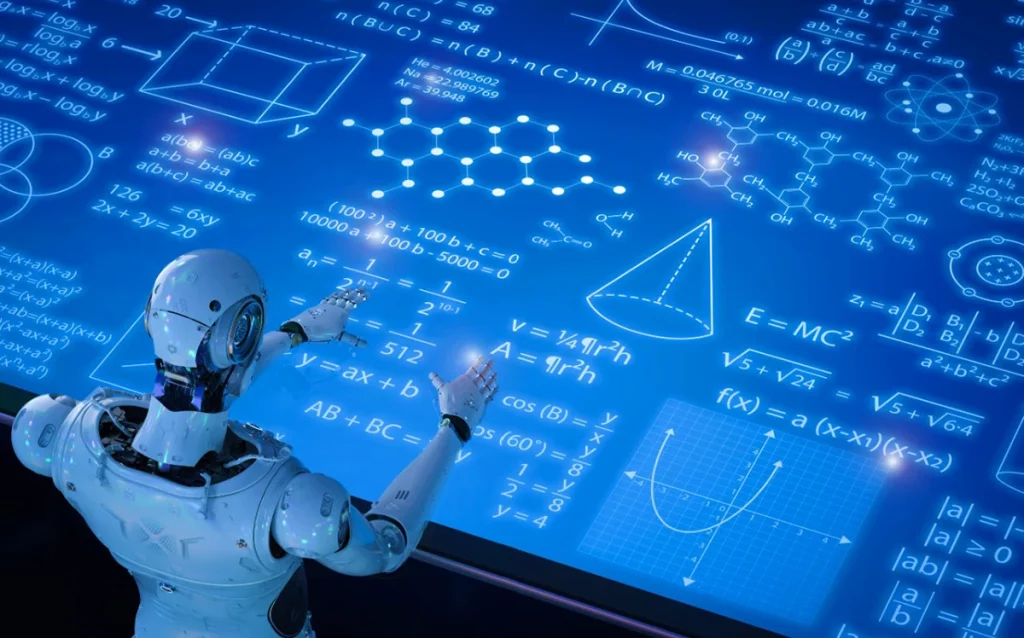
Efficient Governance with AI Powered Robots
Enhanced Decision Making Process
As you are already knowledgeable about data as an analytical tool for decision-making, it is important to remind you that it holds a vital role in such pursuits. The AI-powered robots, which are laden with these algorithms and massive databases, can analyze huge amounts of data at a much faster rate; they can detect and interpret patterns and then draw conclusions, saving the time and efforts of human beings. This kind of analytical ability allows governments to make their policies based on up-to-date information and hard facts.
Allocation of Resources
Allocation of resources, namely one of the drawbacks inherent in being led by humans, is another impediment. With the help of robots driven by AI, the planner can manage the distribution in more efficient ways. This artificial intelligence implementation can predict the short-term effects and even the long-term consequences of the application of strategies and the allocation of resources. This is a recipe for clarity and resource efficiency, where the outcome is the highest possible living conditions for the majority of inhabitants.
Legal Framework
In comparison to the older AI-based government, the legal framework can be particularly enhanced. Strengthened. With the integration of such AI-powered robots into the legal profession as legal counselors, legislation drafters, and legal script analyzers, we are going to see an improvement towards a more unbiased and impartial legal system. Orchestras doing the huge data processing can grant the robots even with the same interpretations of the law. Consequently, obtaining certainty and significantly lowering conflicts that may develop because of the many interpretations that may occur are both possible.
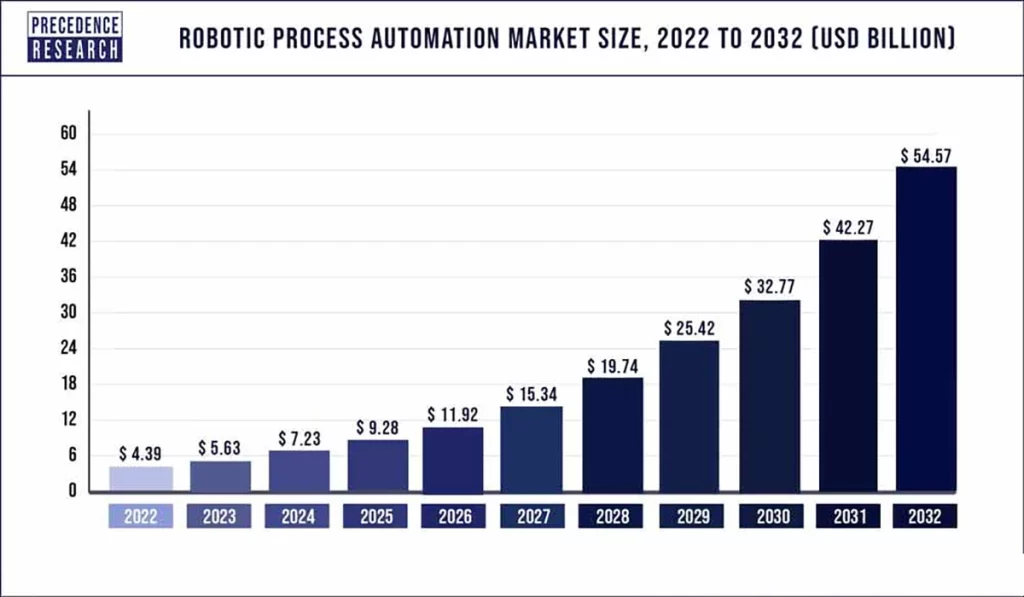
The Impact on the Economy and Industries
Automation of Traditional Jobs
AI-driven robots, on the other hand, when brought into the workforce, affect economic processes as well as many industries. Not only do the robots bring about the automation of jobs, but they also bring about a change in them. With embedded artificial intelligence, the robots can perform the tasks with accuracy and precision that are performed by humans. Thereby, positions in the industry where work is too automated are eliminated. For example, in many manufacturing plants, robots assemble products faster than humans. While struggling to compete with messaging services, online marketing services must make unique selling points and build customer experiences to succeed.
Though the consequences of this advanced completion could result in a shortage of workers, it does not imply that there can’t be advantages. Organizations can now make some profit and cut some costs due to this trend, which is a sign of progress. This can also be attributed to the development of a better-quality product, consequently resulting in customer satisfaction.
New Opportunities Emerging
Furthermore, AI-powered robots occupy existing jobs in order to replace them, while at the same time, there is the creation of a new workforce that amicably works well with the robots in growth-oriented areas. AI’s future evolution implies a greater need for engineers with the capability to build, run, and service AI robots that are smart and fine-tuned. Additionally, there will be the development of AI experts and data scientists who will, in turn, play roles in optimizing and customizing these systems.
Apart from the fact that AI-driven robots are expected to shuffle the world of medicine, green energy solutions, and virtual reality, The rising trading platforms not only bring employment but also create fertile ground for innovations and associations across a variety of industries.
To conclude this section, it is worth noting that AI-driven robots are both rooted in the economy and done by industry. While some traditional jobs will be automated, the emergence of new jobs in some of the new fields, e.g., information and communication technology (ICT), will contribute towards economic growth and enhance the employability of the workforce. We will have to obtain this due to the presence of such changes through learning and flexibility in order to utilize AI technology to its full potential.
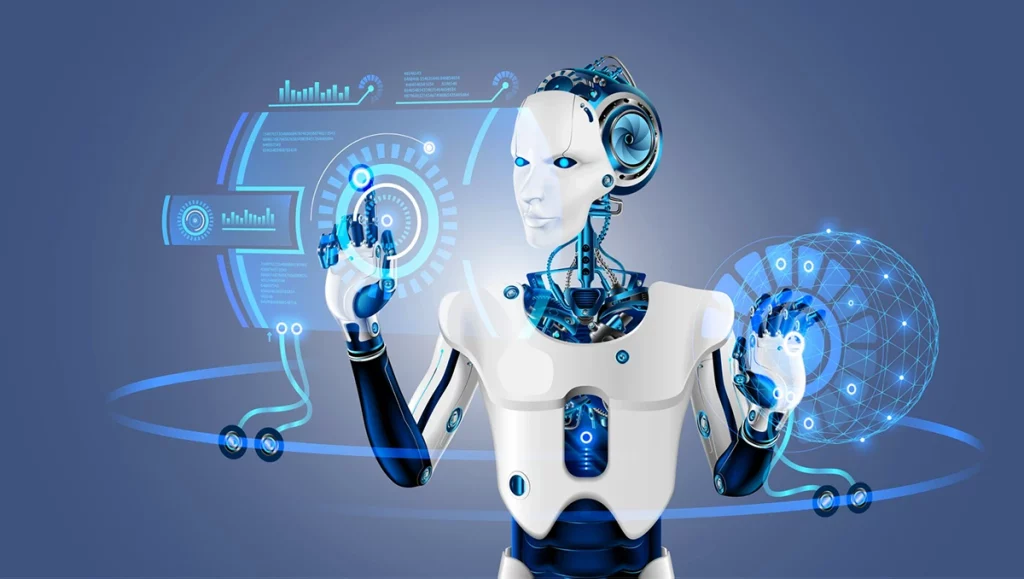
Concerns regarding ethics and challenges
Privacy and Surveillance
Besides, the main issue that needs to be addressed while you get to the stage of AI-based robots is privacy and surveillance. Such machines are capable of acquiring and storing massive amounts of data; therefore, the security issue of individual privacy arises. Although robots have the possibility of getting wiser and being able to see the world from a human point of view, there is also a hazard in the case of unethical machine use.
As an example, you could think of the employment of AI robots for monitoring your actions, which could be a threat to your privacy or even give control over your life to the government or a company. To counter these issues, the regulations for data collection must be established, and transparency must be guaranteed in the way the collected information is utilized.
Accountability and Responsibility
This difficulty also covers accountability and responsibility issues. When AI-controlled robots penetrate society, the question of who must take accountability for their actions will be crucial and require regulation.
In view of this, it becomes a challenge to point out the fault precisely, whether it lies in the robot itself, the engineer who designed it, or the programmer who built the algorithms. Such a problem becomes even more complex when the law and legal consequences of such issues are considered.
For this reason, it is of the utmost importance that ethics rules are built that explicitly document what rules are applicable to all parties, including the developers and users of AI-powered robots. Besides these, reporting and redress measures should be created, which will ensure that violations and their perpetrators are held accountable.
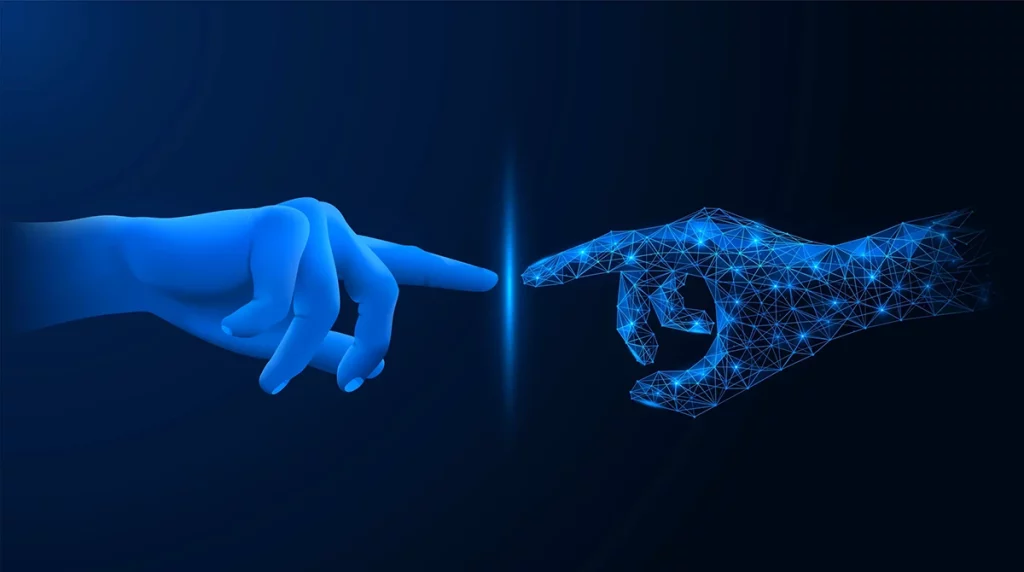
Potential Solutions for Ethical Governance
Inclusive Policy Development
In order to accomplish the governance of AI-driven robots, it is essential that a range of stakeholders be selected to participate in policy development. They should not only be AI and robotics specialists but also people from many other industries, civil society organizations, and, possibly, a public audience.
To create a supportive culture, it is necessary that different perspectives are fostered. By doing this, we will be able to assess the probable social effects of AI. Following this, we would be able to produce regulations that not only respond to concerns but also cherish our values.
It is essential to involve different groups during the process of policy-making, exchange information, and listen to their suggestions. Periodical deliberations, seminars, and symposiums give a chance for this transfer of thoughts. Support the crafting of wholesome and dynamic policies. Listen to the audio, practice the pronunciation of some difficult words, and then complete the sentences.
International Cooperation
In the face of ethical problems aroused by AI-powered robots, international collaboration is essential. Cooperation with states and international organizations underlines the fact that we can adopt a principle to regulate AI mechanisms on a global scale.
Sharing research results as well as effective practices and regulatory tools will be of great help to countries in coordinating their policies. By collaborating together, we will make it possible for all countries to use AI-powered robots advantageously for all countries.
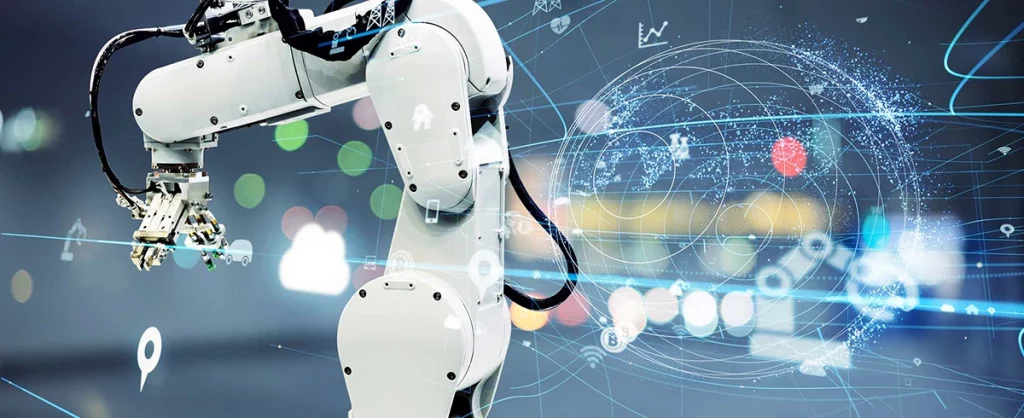
Long-Term Implications and Future Perspectives
Impact on Human Society
At the same time we research the highly developed AI robots, we should contemplate their long-term repercussions on society. The robots may be able to reorganize our lifestyles, modes of work, and ways of communicating between people. For example, they can do hazardous or repetitive jobs, which is a way of minimizing the possibilities of accidents and improving the overall quality of life.
As a result, on the other hand, it’s important to be aware of the way this could affect job security. AI-empowered robots could replace human labor, which nowadays remains the sole job holder, thus setting a new tone for the global market. In order to adapt to this situation, clarify your strengths and zones to stand out among the automated processes. Those would be things like creativity, critical thinking, and problem-solving abilities.
Adapting to Progress
Technology becomes more and more a part of our lives each day, and adaptation and acceptance of the latest developments become essential. AI’s may yield robots with more adaptability, which might then penetrate the work and entertainment industries more deeply, making us reexamine our relationship to work and leisure activities. ” In order to reap the most benefits, one has to be open-minded, curious, and stay informed about the changes in AI and robotics.”
In order to remain current, go to the conferences that deal with your field, follow the big names in the industry and what they are doing, and keep up with the latest research as well. Not only this, but try to take courses and undergo training programs in topics that boost your skill in working with AI-powered robots and maximize their value-add.
In addition, acceptance should be your constant effort, for evolving with the latest technological advances can give you pace and unleash the full power of your AI-powered robots.
Frequently Asked Questions
What’re the advantages of AI powered robots, in decision making compared to humans?
AI-enabled robots bring various advantages to the question of decision-making. Data processing is their strength, as they can process information more effectively, analyze patterns, and provide an opportunity for new perspectives. Such functions empower managers because decisions enjoy the objectivity of figures and data while being emotionally and opinion-free. Not only do their learning and improvement enable them to choose a solution in complex situations,
What ethical considerations arise from a world where robotsre in charge?
At this moment, there are several issues, which include the loss of jobs for human beings, the fact that AI can be biased, and the question of privacy and surveillance. It is of great significance that AI-driven robots follow the laws and generate solutions that benefit all members of society. The relevance of such aspects to AI governance cannot be overstated.
How Can AI Driven Robots Excel at Managing Complex Tasks Compared to Humans?
Artificial intelligence-driven robots acquire the capability to process large amounts of data. Quickly analyze patterns. As a result, they are capable of doing some of the at-hand tasks that might even excel humans in terms of domain. Learning and adjustment abilities allow them to enhance their efficiency over longer time scales.
What Measures Can Ensure a Balance Between AI Based Governance and Human Intervention?
To have AI governance maintained in balance with human roles, it will be good to undertake an approach. An example is the formulation and implementation of directives on AI-driven machines with the participation of humans in the decision-making process and the building systems that lead to monitoring. Through collaboration between humans and AI, there are opportunities for ethical control.
Are There Any Constraints on AI Powered Robots Governing the World?
However, there is one thing that goes along with those advantages of AI-powered robots, and that is that there are also limitations. It is possible that they will be unable to or have a problem interpreting and comprehending emotions, resulting in faulty communication or estimation. On top of that, it is securable that some AI systems can become vulnerable to hacking, data breaches, or other malicious intents that may yield the undesired results. It is imperative to acknowledge these restraints in our minds and develop methods to mitigate them.

